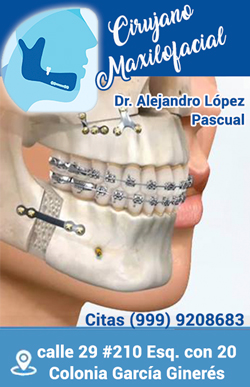Dental implants
What are dental implants?
An alternative to the denture, dental implants (small dental devices that are inserted into the upper and lower maxillary) help restore the mouth that has few or any restorable tooth. Dental implants are replacing little by little to the false teeth used by some people, as they provide many advantages over traditional false dentures.
Advantages of the implants on the denture:
For some people, especially those with loose or poorly adjusted false denture due to flat flanges, or people who have lost several teeth and who need a support for crowns and bridges, implants can be considered as the alternative More appropriate, instead of the denture, to fix the appearance given by the missing teeth. According to the American Academy of Prosthodontists of Implants (American Academy of Implant Prosthodontics), the implants help:
- Reduce the movement of the dentures, bridges and, or crowns.
- Facilitate adequate chewing.
- Provide improved support and stability for removable false dentures or fixed bridges.
- approach the " sensation " of natural teeth better than the dentures.
- Promote the " Self-esteem thanks to the advantages of having a red denture " Since speech and appearance often improve.
Who are the probable candidates for implants?
There are many variables that must be considered before placing an implant:
- The patient must be healthy.
- The patient's healing capabilities affected by the disease could influence the success of an implant.
- A suitable diagnosis should be made before placing an implant.
- Placement and technique is specific for each particular candidate.
- To avoid other complications, the implant or implants should be treated appropriately by the patient and the dentist.
- Smoking and drinking in large quantity can affect the success of the implant.
What are the different types of dental implants?
There are several different types of dental implants, including the following:
- An artificial substitute of the bone.
This type of implant consists of the placement of a synthetic substitute of the bone at the top of the bone to help rebuild the reduced flange and offer a solid support for the denture. Because it is manufactured from the same type of mineral found in the natural bone, this type of implant binds to the existing maxillary bone.
- Endostial implants.
This type of implant is inserted into the maxilla to serve as a root of the tooth.
- Subperostial implants.
This type of implant, often an option for people who can no longer use conventional dentures, consists of a specially designed implant that fits directly into the existing bone.
Dental implants could be inserted by a dentist trained in implantology, or by an oral surgeon in a hospital.
Health risks and dental implants
according to the Academy American Implant Prosthoms:
The implants are made of biologically compatible materials that have been subjected to extensive exams over a period of several years. Since these materials are largely metals, such as titanium, and have never been living tissue, there is no likelihood that they cause an antigen-antibody response that could cause a rejection similar to that sometimes occurs in heart transplants and of kidneys.



